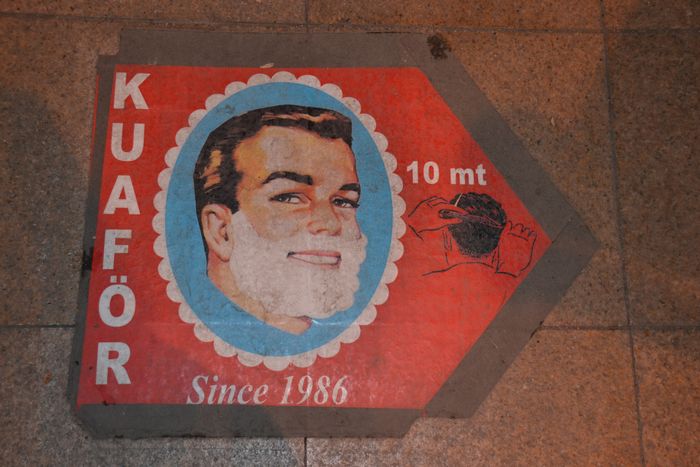It is universally true that wherever the fine bloom of natural fertility, or of stoutheartedness and courage, or of any other good quality, wherever such a bloom appears, there straightway stands the pruner ready with his knife, and that part of the plant is cut off. But the shoots that run to wood and produce no flowers at all, these are encouraged to spread, while the thorns grow apace.
It is not surprising that those who are less endowed with admirable qualities should normally envy persons of outstanding character, but I do regard it as strange that emperors also are not exempt from this failing. It is not enough, forsooth, that they should have their diadems and their purple, for unless they are wiser than the wise, cleverer than the experts — in short, if they are not placed on the highest summit of all the virtues — they consider themselves grievously maltreated.
Either they must rule over us like gods or they refuse to govern at all. I have seen some of them myself, who would have died, with the greatest of pleasure, rather than accept help from certain individuals, rather than owe their position of power to any assistance these persons might render them. Just when they should have rejoiced that God had raised up for them a helping hand, they chose rather to cut it off, simply because of the quarter from which that help was coming.
75. I have written this long preface with an eye on one who flourished in our time, a man who proved the worth of good generalship, who, no less by his boldness as a soldier than by his great skill, thwarted the hostile expeditions of the barbarians, and who assured for the Romans a liberty that was freed from danger.**103
The Revolt of Manlaces
76. This George Maniaces did not rise to the rank of army-commander from the baggage-men all at once. It was not a case of blowing a trumpet and acting as herald one day and the next being entrusted with the leadership of a legion. Actually his progress was gradual, and he held successive ranks until he attained the highest position open to a soldier.
No sooner did he win some success, however, than he was again thrown into prison, even in the hour of his triumph. He returned to the emperors a conqueror, and for a home he was given — the public gaol! He was sent forth as general, with supreme command over all the armed forces, with a staff of senior officers to help him. They were young men and they urged him to take a road he should never have traversed — but here things will go wrong both for him and for us. Edessa was captured and he was accused; he was sent to conquer Sicily, and then, to prevent him winning that honor, he was recalled once more, in disgrace.
Read More about The Venetian Silk-Mercer part 2








